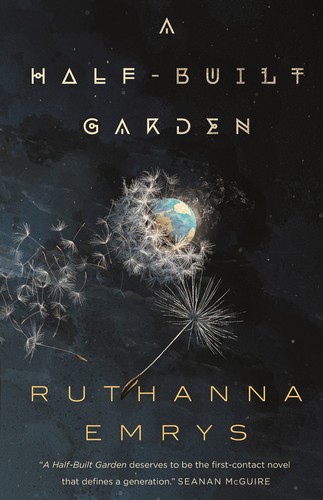Travis F W finished reading The Book of (More) Delights by Ross Gay
a good long list of #favoriteThings in an appendix in the back. Thank you, Ross Gay.
Nonfiction audio is my main thing. Autobiographies, parenting, science, social issues, and some business or anything educational.
I consider nonfiction to be a healthier and more useful view of the world than the news.
I have a few Mastodon accounts, like @travisfw@fosstodon.org
This link opens in a pop-up window
a good long list of #favoriteThings in an appendix in the back. Thank you, Ross Gay.
I have come to appreciate, through this book, the "ethical" in #ENM. Before, I thought it was simply a necessary defense against the seemingly ubiquitous critical assumption that anything other than monogamy is unethical. But as I have listened, I have realized that, of course, #ethics drives the whole movement, and ethics circumscribes mononormativity, and ethical questions are the substance of every individual's decisions about how to love the people they love. It's all ethics! Honestly, maybe ENM could be defined as the ethical study of love and family, and the cultural practices framing them.
shortly later, "our brains are made out of meat, and our bodies experience thoughts."
confidence is just a varnish painted atop human frailty. — Green, on the yips
— The Anthropocene Reviewed by John Green (54%)
Would you expect a book with this title to be saccharine? It delivers a balanced and grounded positivity in the presence and acknowledgement of common life challenges. Horrors, even. I value it very much, and confess I am drawing it out. Which is easy because the essays are short and there are a lot of them.
I come back to this one every time I feel like a pushover and resent spending my limited energy on things other people just want to offload. Does it help? Well, Knight's attitude and wit help me feel better, so that's worth something.

On a warm March night in 2083, Judy Wallach-Stevens wakes to a warning of unknown pollutants in the Chesapeake Bay. …
My partner tells me asking for help is a weakness of mine. I definitely have a perception that the way "the world" or "people" or "society" works requires me to be as self-reliant as possible. We'll see if and how that part of me can shift.